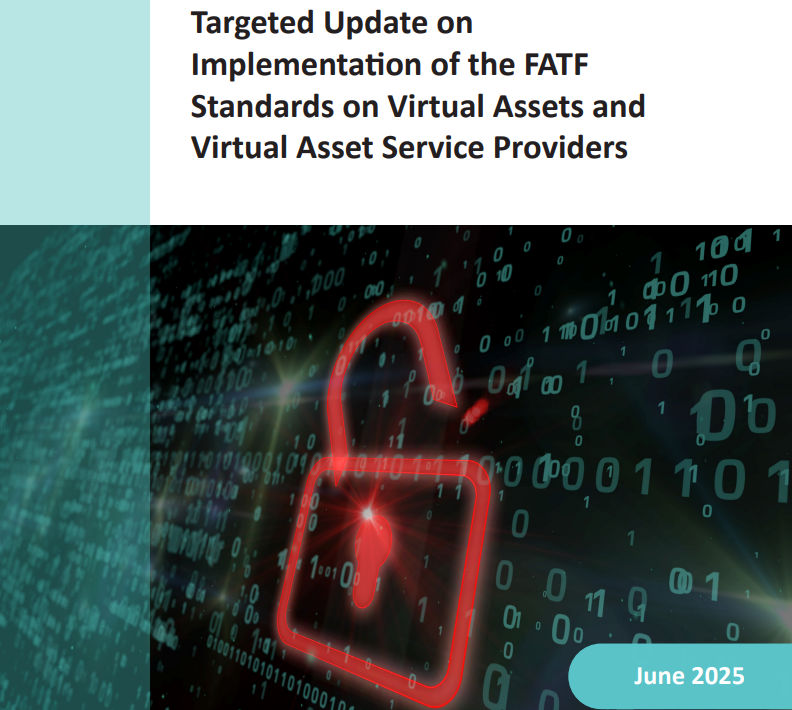
FATF flags stablecoins as the new plague
The FATF - the global watchdog behind anti-money laundering standards - has released a new report on how its 2019 guidelines for virtual asset service providers (VASPs) are being implemented around the world.
These guidelines are controversial. They call for full identification of anyone sending or receiving crypto. If adopted universally, they could pave the way for transactional censorship: once every address is linked to a verified identity, it becomes easy to block transfers - say, from US users to Chinese wallets, or from Iranians to Israelis.
So, how's global compliance going?
Out of 85 countries reviewed, just one is said to be fully compliant.
Guess which one?
The Bahamas. Yes, those Bahamas - home to FTX, the exchange that still hasn't repaid users from 49 jurisdictions. So, while customers are left without access to their funds, at least the Bahamas can boast perfect FATF compliance.
Though frankly, I suspect even that may be exaggerated. Admitting that no country has fully implemented FATF’s own recommendations would be a reputational disaster. No bureaucracy would willingly admit its global framework failed to take root. So, perhaps they gave themselves one symbolic win.
One more thing: stablecoins are now officially FATF’s main concern. The report singles them out as the prime vehicle for illicit activity - likely because they’re so widely used (something we see firsthand at rabbit.io). With trillions in stablecoin volume, bad actors can easily hide in plain sight.
But here’s what FATF doesn’t mention: hiding only works because the overwhelming majority of stablecoin transactions are legitimate.













